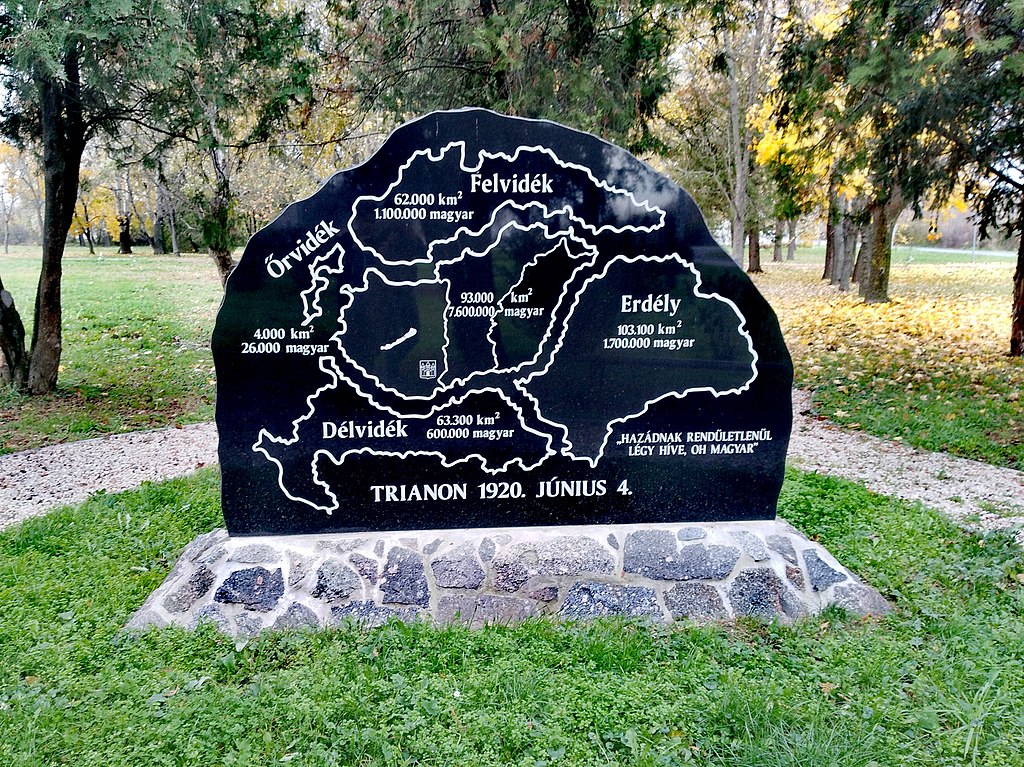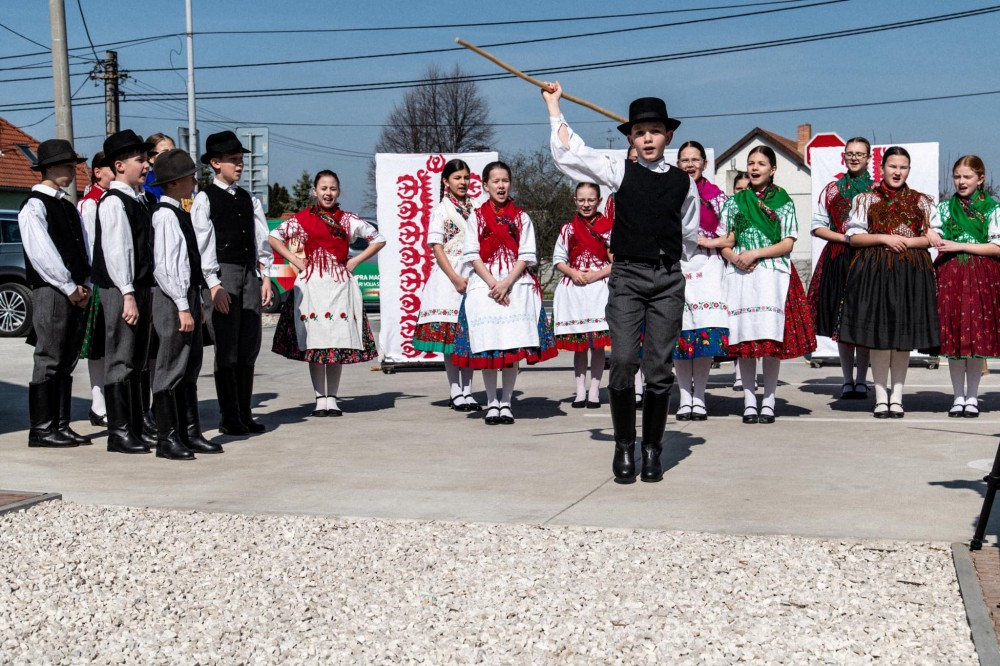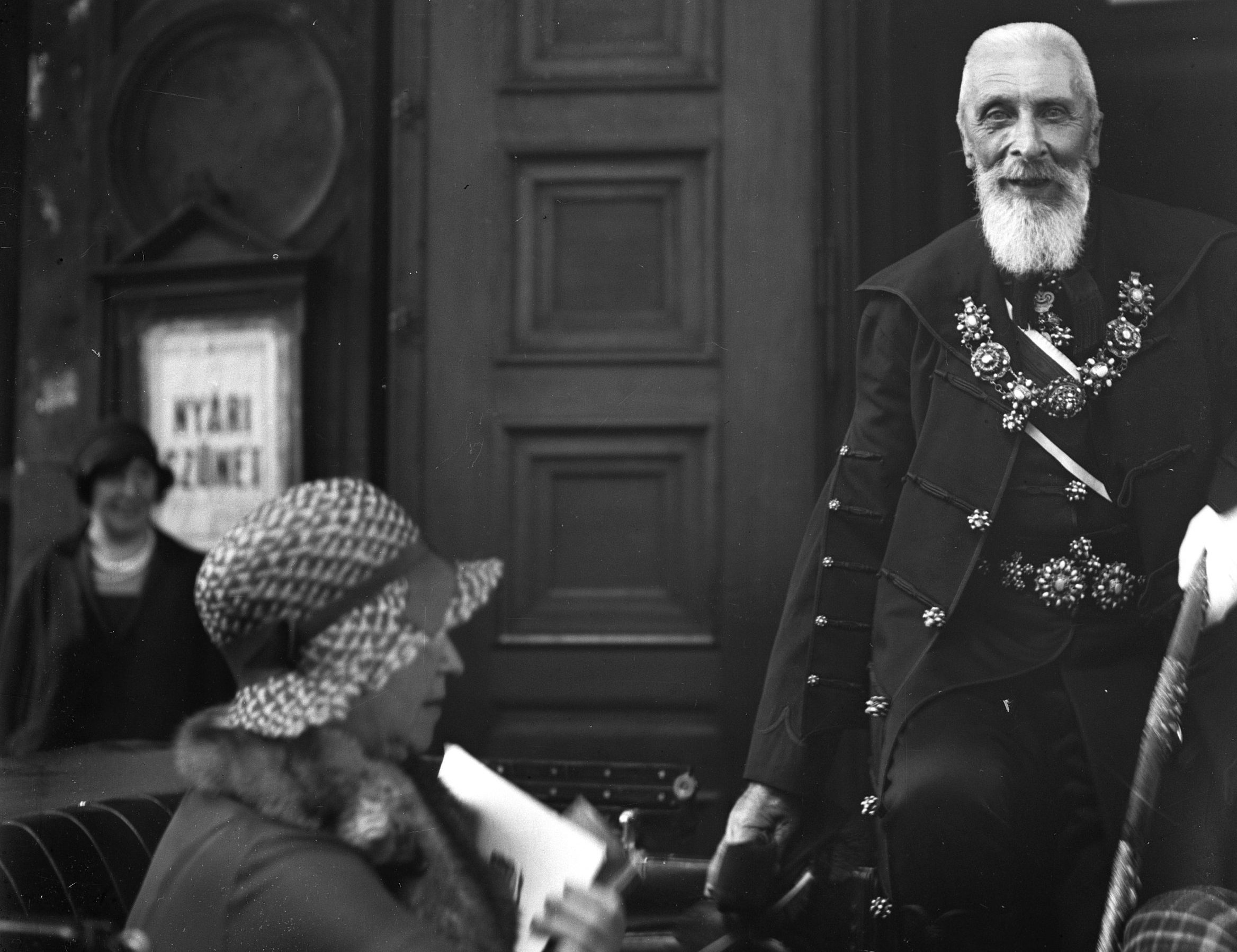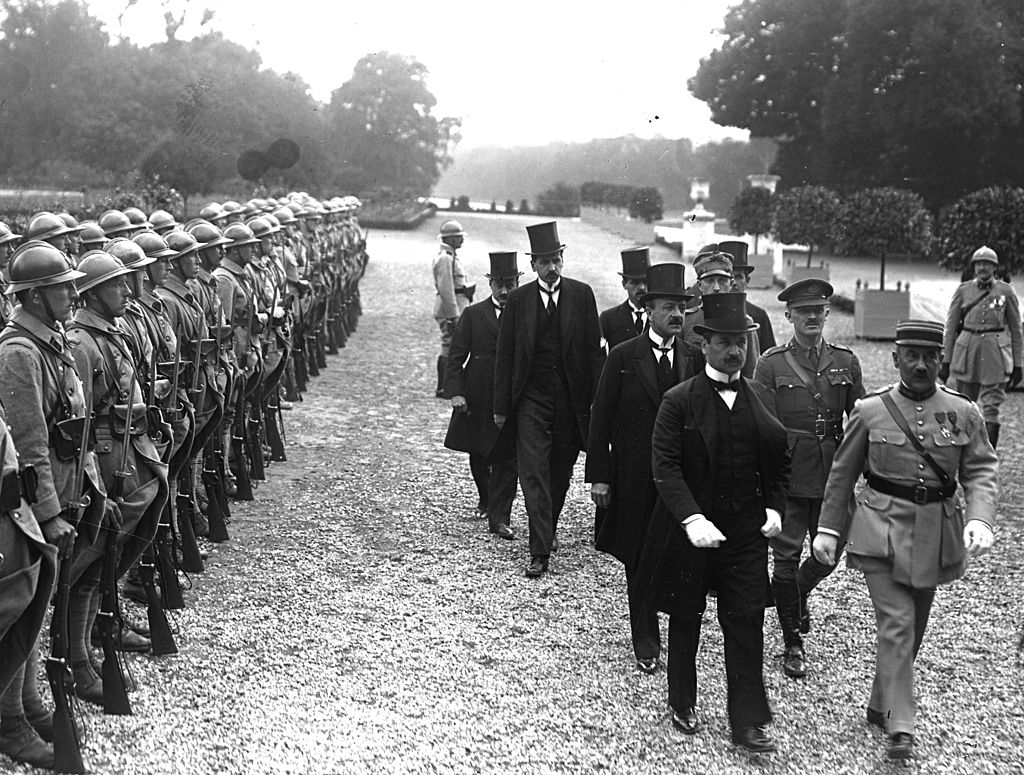
The Institute of Hungarian Research launched new research on the Treaty of Trianon.Continue reading

“One of the most important messages of the Treaty of Trianon is that we must strengthen the spirit of the nation even more,” said Katalin Szili, the Prime Minister’s Chief Advisor, at a commemoration ceremony held in Malinovo (Éberhard, Slovakia), on the occasion of the Day of National Unity.
On May 31, 2010, the Hungarian Parliament declared June 4, the day of the signing of the Treaty of Trianon, the Day of National Unity. The law stated that “every member and community of the Hungarian nation under the jurisdiction of several states is part of the united Hungarian nation, whose cohesion across state borders is a reality and at the same time a defining element of the personal and communal identity of Hungarians.”
At the ceremony in Malinovo, organized by Csemadok, the largest cultural and public organization of Hungarians in Slovakia, and the local government, Katalin Szili stressed that it was important to create a bond between the legal foundations and the practice of belonging that politics would never be able to break. “We owe so much responsibility to our ancestors and to future generations,” she said.
The politician noted that we must make it clear to the neighboring countries that we have already overcome this 20th century shame. She added that our most important interest is that
the Treaty of Trianon should not overshadow the cooperation of the Central European countries, and that the region should become the new center of Europe.
The Prime Minister’s Advisor added that 104 years after the Treaty of Trianon and 20 years after Hungary’s EU accession, Europe still has to fight for the right of national minority communities to self-government. This is why it is important that everyone should participate in the forthcoming European Parliament (EP) elections and vote for candidates who are committed to ensuring the possibility of self-government and the collective rights of national minorities. “This is not only a Hungarian issue, as it affects 50 million people in Europe,” emphasized Katalin Szili.

Memorial plaque of the impact of the Treaty of Trianon in Bátaszék (southern Hungary). Photo via Wikipedia
In connection with the Ukrainian-Russian conflict and the EP elections, she underlined that today it is also extremely important to stand up for peace, as Europe has “got off on the wrong track” in recent years by fueling war, whereas the political forces of reason should be serving peace.
Over the weekend, commemorations were and are being held in several other Hungarian-inhabited settlements in Slovakia on the occasion of the Day of National Unity.
The celebrations in Malinovo are a central event in the series of such commemorations.
The event, combined with an ecumenical service, is also traditionally held in the local chapel at the final resting place of Albert Apponyi, the leader of the Hungarian delegation to the 1920 Paris Peace Conference.

Albert Apponyi. Photo via Fortepan/Kiss Gábor Zoltán

The Hungarian Delegation arriving to the Grand Trianon in Versailles. Photo via Wikipedia
Additionally, on Sunday, Szili emphasized that neither the European Union nor the world’s major powers are paying enough attention to the issue of national minorities. It is important for Hungary to have proposals to the international institutions, she stressed. Among these, the politician said that every country should accept that the national minorities living there are state-building factors, and that belonging to a nation is not the same as citizenship.
In the next six months, the Hungarian EU presidency will serve as an opportunity to draw attention to the issue of national minorities,
she concluded.
Via MTI; Featured image via Facebook/Potápi Árpád János